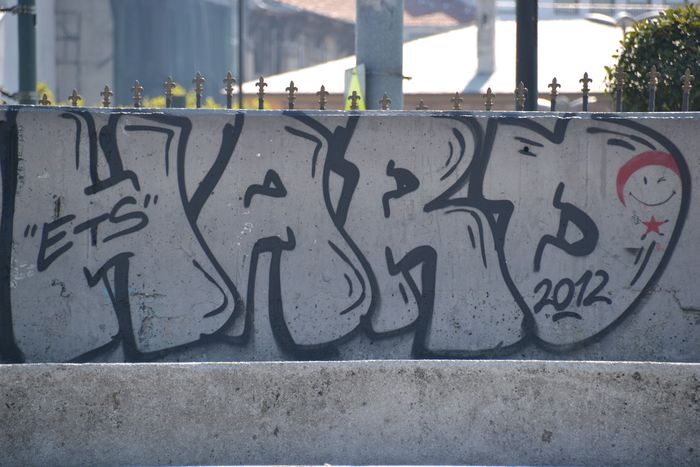I was not deceived by appearances myself, though, and I knew that he had a temper, and that he held it in check, as a charioteer holds back a spirited horse. So, when the blood rushed to his face and his body was suddenly moved with anger, he would calm down more quickly still, and give way at once to reason. If, by any chance, in the course of his duties as emperor, he spoke rather sharply or threatened anyone with punishment, he would blush immediately afterwards, as if he revere ashamed of uttering words which were, to him, unusual.
165. When he acted as judge, it was impossible for an onlooker to distinguish either the successful litigant, or the defeated party, by their behaviour after he had given the verdict. To put it more clearly the party that obtained the white pebble naturally went away radiant with joy; his opponent, on the other hand, even before he knew that he had lost his case, had no hopes of success, but meeting with treatment more lenient than he had expected, he too went away in triumph, more privileged than he had dared to anticipate.
The right to speak freely
166. Numerous conspiracies were formed against him, and in the majority of them the rebels even went so far as to attempt assassination. Yet he preferred to draw a veil over their recklessness and talk with them in his normal way, as if he knew nothing of these attempts, or had at once forgotten their impudence. And when those who surrounded the throne, and who had not been deprived of the right to speak freely in his presence, tried to provoke him to anger against them, saying that he would very soon be killed if he did not take steps to defend himself against these adventurers, he was more concerned to score a verbal triumph over them in court, than to give them a regular trial.
He appointed judges to hear them, and himself discussed their daring attempts in a speech full of bombast — and what a clever speaker he was, with what range of expression! Then, as he saw them shuddering with fear, he concluded his speech with a brief defence, conducting even that in frivolous vein — and straightway sent them away unpunished.
167. With regard to his public acts, I will leave the recording of them to many other writers who like to chronicle those things. But I will disclose a small number of intimate facts about him, things which are the common topic of conversation, the kind of deeds likely to be either praised or blamed. Of the qualities which have built up his good reputation I choose one for special commendation: his clemency. He knew that he was by temperament a kindly and merciful man, and he never bore malice against any of the individuals who vented their spite on him.
Read More about Baba Vanga








